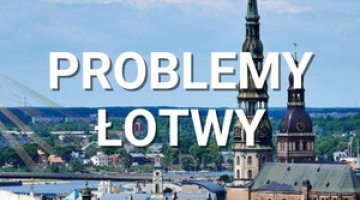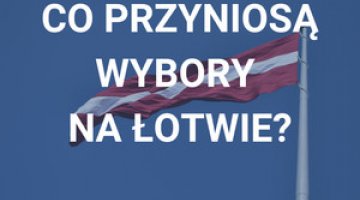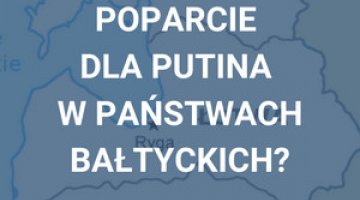Latvia’s president demands a referendum be held on the dissolution of parliament
Valdis Zatlers, the president of Latvia, who is seeking re-election in parliamentary voting scheduled for 2 June, accused MPs of failing to counteract the appropriation of the state by oligarchs and has ordered a referendum be held on the dissolution of parliament in his address to the nation which he gave on 28 May. The referendum will be held on 23 July, and if a majority of the participants supports the president’s initiative, early elections to the Saeima will be held in late September/early October.
The legal grounds for the president’s decision are provided in Article 48 of the Latvian constitution, which allows the president to order a referendum on the dissolution of parliament. None of the Latvian presidents has previously used this power. Therefore, Zatlers’s decision was unexpected, especially because the most recent parliamentary elections took place at the end of last year and no one has demanded the dissolution of parliament at present. The president claimed his initiative was necessary to combat corruption and the influence of oligarchs on the country’s political life, and the direct reason for his decision was reportedly the parliament’s refusal to allow police to search the flat of oligarch Ainārs Šlesers, an MP.
Zatlers’s initiative is certainly linked to his fears about his re-election during the vote in the Saeima, which has been scheduled for 2 June (Zatlers’s term expires at the beginning of July). Although Zatlers was believed to be the front-runner, a counter-candidate appeared recently, which could be proof of behind-the-scenes games in circles unfriendly to the incumbent president. If Zatlers loses the election, part of the public may start to see him as a politician who is determined to fight for the fair state, which may win him great popularity, if he decides to continue political activity. Before Valdis Zatlers became president, he was a director of a hospital and did not participate actively in public life. <pas>





